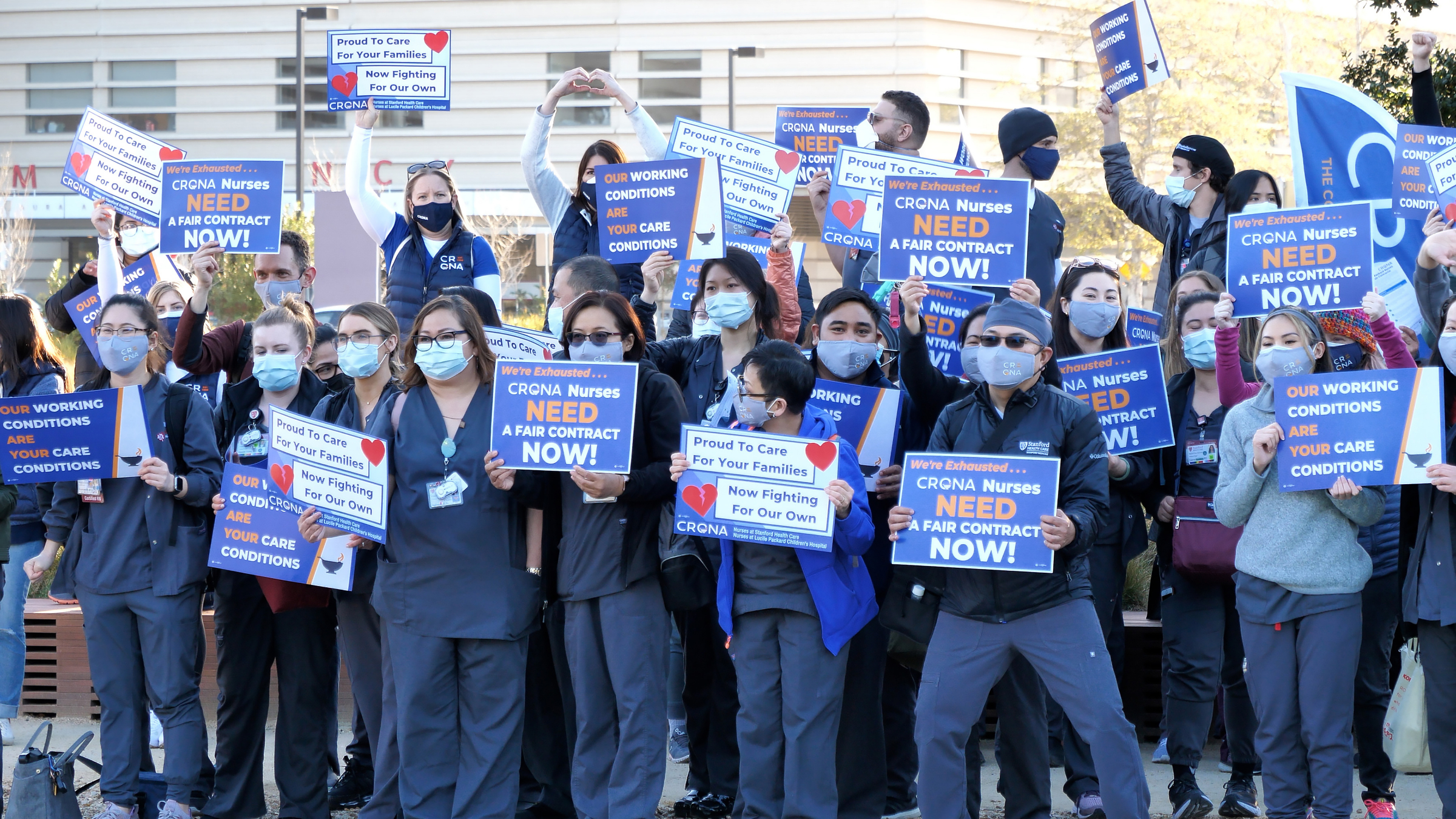Officials across three states are currently investigating Jacqueline Brewster, 52, of Belfry, Kentucky who is suspected of tampering with and potentially contaminating vials and syringes of opioid painkillers at two hospitals. Police also believe she returned the contaminated vials to the medication cabinet where they could be used on other patients.
Following the Trail
Brewster was arrested by her local sheriff’s office last Tuesday on undisclosed charges in response to a fugitive warrant from Washington County, Tennessee where she is accused of tampering with opioid painkillers. She was released the next day with orders to report to Tennessee within 10 days.
“I didn’t run away from anything,” Brewster said in court. “I don’t know how I’m a fugitive.”
Brewster is a travel nurse that moved around frequently during the pandemic. She worked at Johnson City Medical Center in Tennessee and Raleigh General Hospital in West Virginia, and both facilities have accused her of illegal drug tampering.
Health authorities from both facilities filed documents with their respective state nursing boards that claim Brewster repeatedly withdrew Dilaudid, a powerful opioid, from the medication cabinet to steal some for herself before returning the vials and syringes to the cabinet. In some cases, she refilled the container with more fluid to cover her tracks before gluing the cap back on.
Documents show over a hundred patients at Johnson City Medical Center had to get tested for hepatitis and HIV after possibly being exposed to the contaminated vials.
Many facilities were forced to hire travel nurses during the pandemic, usually at a higher rate. But this “desperation” to recruit nurses also exacerbated existing flaws in the government infrastructure intended to hold nurses accountable, said John Benson, co-founder of Verisys, a data management company that researches potential employees for health care systems.
State health authorities and nursing boards rarely share information across state lines, and Benson argues this makes it easier for nurses to “outrun” investigations by getting a job in another state.
“The system was broken before covid,” Benson said. “It just got more broken during covid.”
Records show Brewster is licensed to work in 30 states as part of the Nurse Licensure Compact. After she was accused of tampering with medicine at Raleigh General Hospital, the West Virginia nursing board suspended her ability to practice in the state. The Tennessee nursing board launched a professional investigation into Brewster just a few days later after receiving a complaint from Johnson City Medical Center.
Her license to practice as a nurse in 30 states is now “under investigation” in Kentucky but remains active. She could still technically get a job almost anywhere in the country.
During her time at Johnson City Medical Center, she worked for Jackson Nurse Professionals, a travel nurse company in Orlando, Florida. Records show she worked at the facility for three months before the tampering was discovered.
The facility is owned by Ballad Health. CEO Alan Levine said another nurse spotted the suspicious vial in the cabinet, which triggered the investigation.
“She was removing the Dilaudid and replacing it with another substance that looked clear like Dilaudid, and replacing the vials in the Omnicell system,” Levine said. “One of our other nurses noticed that something looked different in one of the vials and notified the pharmacy immediately.”
After Ballad fired Brewster, the company sent a complaint to the Tennessee Department of Health and five Dilaudid syringes to the Tennessee Bureau of Investigation’s crime lab, which confirmed the amount of medication within was “inconsistent with the manufacturer’s label,” according to the nursing board documents.
The same thing happened in West Virginia after Brewster started working for Raliegh General. The hospital reported Brewster to the state nursing board after discovering the contaminated vials. Some vials were missing tops and others had a strange white residue that “looked like glue,” the board alleges.
Raleigh General “disposed of many vials of Dilaudid in order to protect patients from contamination” and provided some vials to law enforcement for testing. The results have not been disclosed.
Both investigations remain ongoing, but the case shows just how fragmented the country’s nursing system has become.




